In my last post, I didn’t want to overwhelm with my saturated experience, but there was one more thing that I felt I needed to share. In the final days of my time in Chicago, I found the opportunity to stay a little bit outside of downtown in a neighborhood called Logan Square. I was searching Air BnB for something cheap and I was really just looking for fun. I had always planned on staying with family and friends and commute into the city to save money, and that’s what I did for the majority of my time. I soon came across the most magical listing that Air BnB probably has to offer: a Chicago music and art themed hostel that was $15 a night. Talk about perfect. I contacted the hosts and told them of my intentions for the trip and about the research I had been doing over these past couple of weeks and they said that the hostel would be a great fit for me. Come Thursday of last week, I took the Blue Line train from Downtown to Logan Square and found myself in a neighborhood torn between gentrification and local striving businesses. I took the bus to the house and thankfully the stop was two feet from the house. I was greeted by Aksel, a Parisian woman who was also staying at the hostel. She told me that the hosts were not there but to make myself comfortable. I felt immersed in an energy rich home, where there was clear evidence of great memories made. The walls were strewn with photographs and thank you notes from past visitors. There were instruments everywhere you looked and lots of posters from local events as well. I could tell right away that this was not a typical hostel whatsoever. I was immediately treated like a friend and not so much like a guest or a stranger.
Hours later, there was a potluck that started. The host, Rae, had told me that there was a monthly potluck jam held at the house where friends of the hosts would come over and cook and then play music together. I am a major fan of potlucks and playing music with pals, so this sounded like heaven on Earth to me. I was expected a potluck similar to ones that I have been to. Some people bring food, a lot of people don’t bring food and hover around the plates hoping some kind cook will have mercy on them. This was quite a different style than I was used to. Everyone contributed and shared everything, from food to music to words. Nearly 30 people came to the house in the evening hours and produced such incredible, improvised sounds. After weeks of learning the history of Chicago music and listening to recordings from before this century, it was absolutely refreshing to be faced with contemporary artists and music. Since it was a close group of friends, I was pretty easily recognized as a guest and nearly everyone I talked to was incredibly fascinated by my research and was able and willing to tell me about what they think of Chicago music and their personal experience in the scene. It appears that it is similar to Olympia in that it is somewhat clique-y and there are a lot of the same bands at a lot of the same venues. What is great though, is that the people I was talking to were really referring to the scene just in Logan Square, not just in the whole entire city. That’s when it dawned on me that while there may be some internalized drama in the neighborhood scenes, the whole city itself provides such a rich, and diverse scene that I don’t think anyone could truly get bored with the music. If someone doesn’t want to see their roommate’s band play for the fourth time this month, then they can hop on the efficient and reliable Chicago public transportation and quickly get to another neighborhood and be exposed to a whole new sound and group of people. I feel like that concept is the exact opposite of Olympia in a way. There is no escaping whatever the music scene is here. There is some variation, but the groups getting house shows are all white dudes with guitars and drums. There are always outliers, but they are not getting the proper attention they deserve in this small and somewhat exclusive musical city.
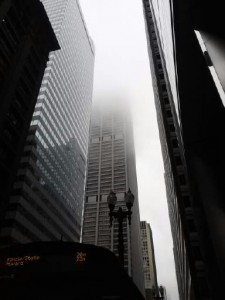
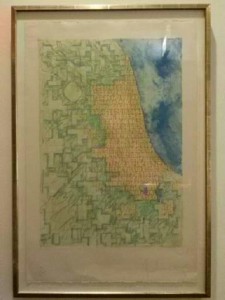
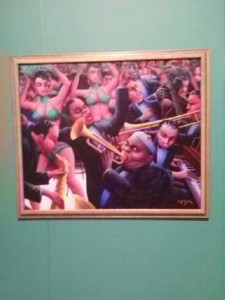
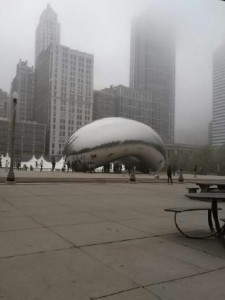
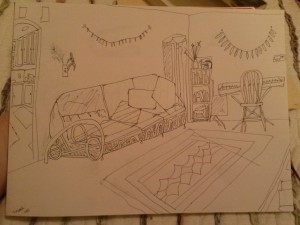
Recent Comments